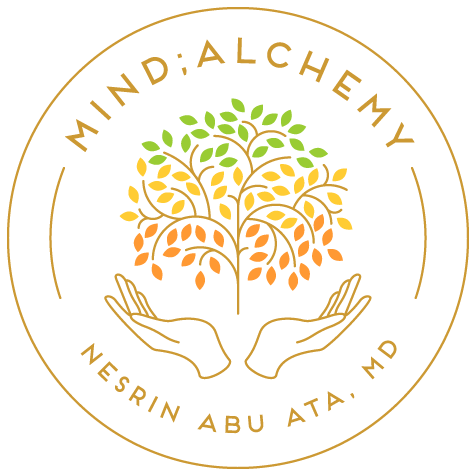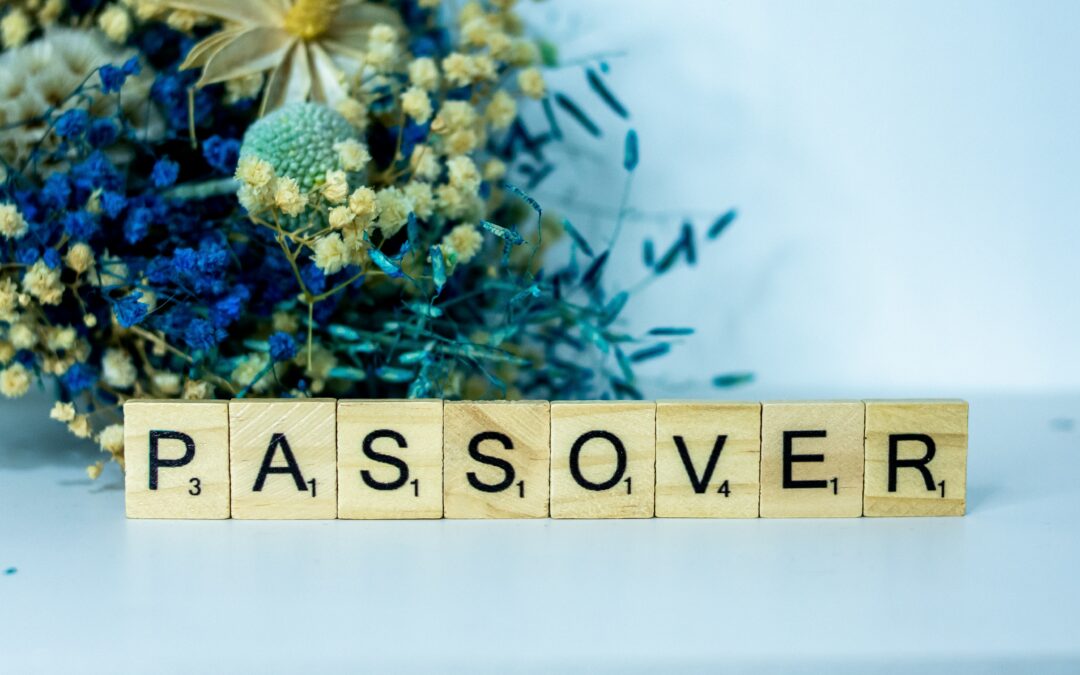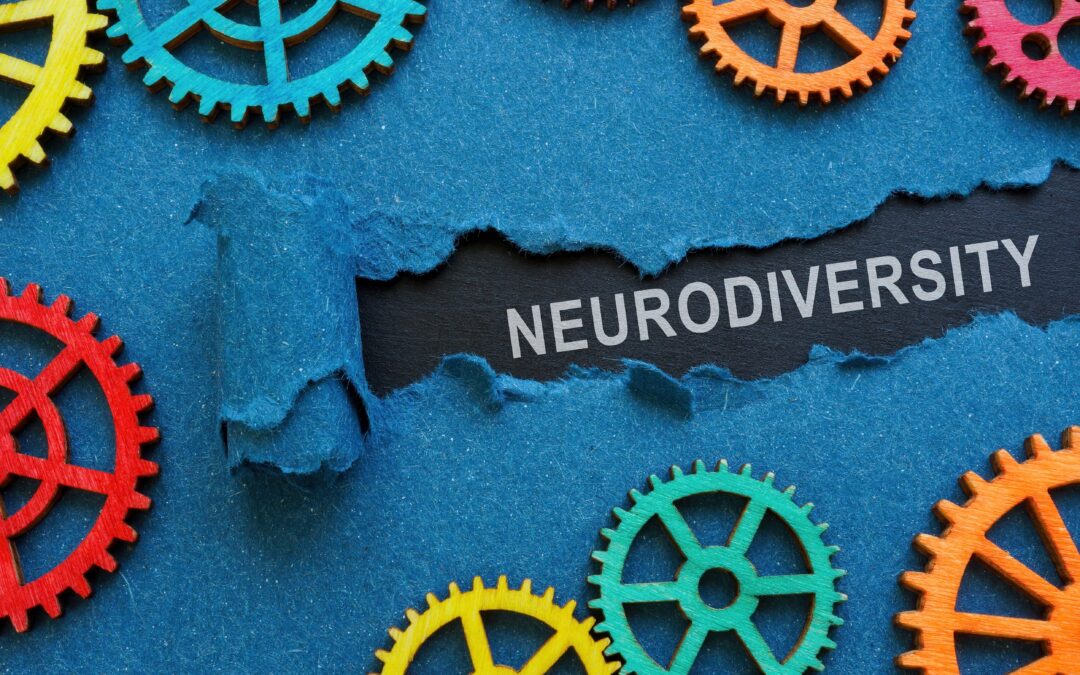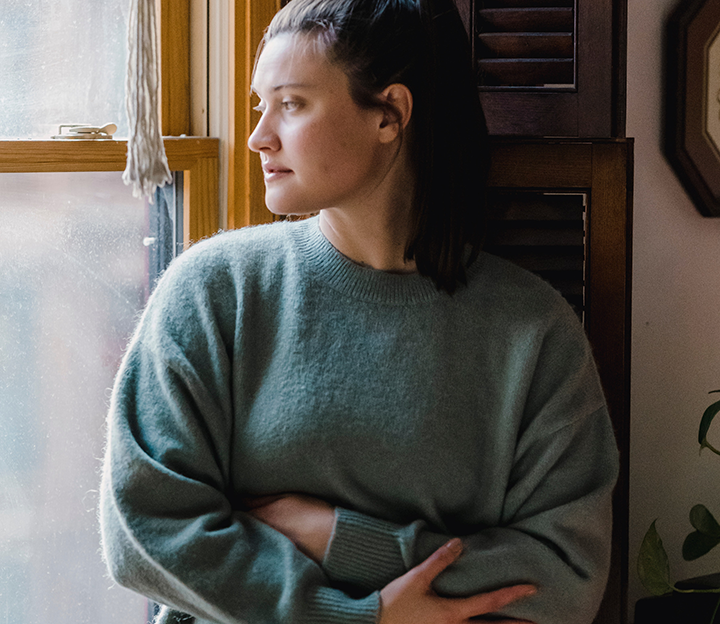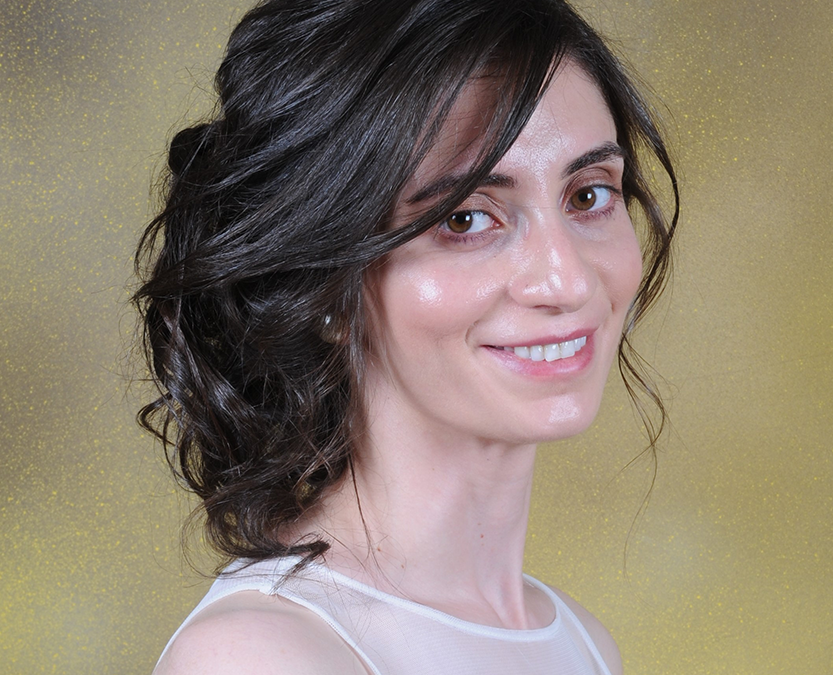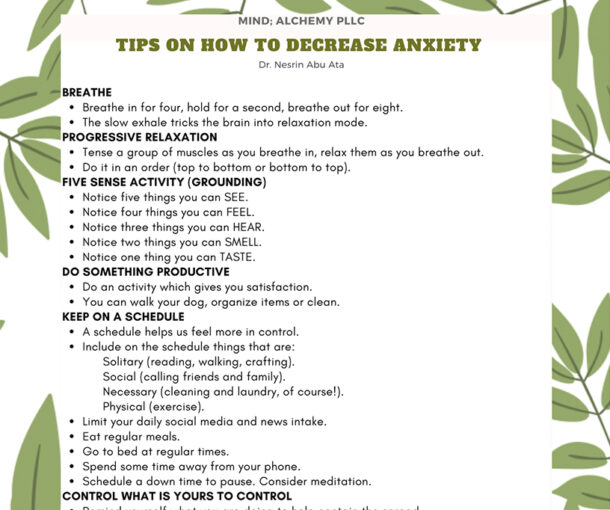This article was originally written for and posted on Siouxland Magazine, where Dr Abu Ata is a regular contributor.
As you prepare your thanksgiving meal, consider adding the following ingredient, to enhance your mental health and help prevent mental illness: gratitude. Clinical trials show that gratitude can lower blood pressure, improve immune function, and promote happiness, acts of helpfulness and generosity. Beyond the physical benefits, people appreciate feeling thankful, seeing that they have been on the receiving end of kindness and generosity.
Grateful people experience more positive emotions, such as joy, love, enthusiasm and optimism. They also have a better ability to be resilient, cope better with every day stress and recover quickly from physical illness. One of the ways to cultivate gratefulness that has been studied is gratitude journal keeping. Participants in this study were more likely to report having helped someone else or offered emotional support, sleep longer and spend more time exercising.
Gratitude Interventions
“Counting Blessings”
Consider keeping a gratitude journal, and write daily about five benefits or gifts you have received in your life (also known as “counting blessings”). They could be simple every day pleasures, people in your life, moments in nature or gestures of kindness. As you are writing these things down, take a moment to cherish and savor these gifts. You may wish to do this in the morning when you wake up, or the last thing you do before going to sleep.
“Three Good Things”
Another variation on the above method involves writing three things that went well and identifying the causes of those good things.
Mental Subtraction
This method involves imagining what life would be like if a positive event had not occurred. In one set of experiments, people who practiced that method reported improved mood (Koo Algoe, Wilson & Gilbert 2008).
Gratitude Letters and Gratitude visits
Consider writing and delivering a letter of gratitude in person to someone who you had never properly thanked. (Seligman et al., 2005).
Naikan Therapy
For some, having a structured method to cultivate gratitude is helpful. Naikan therapy is an example of the structured self-reflection methods. Naikan is a Japanese word that means “looking inside” or “seeing oneself through the mind’s eye.” A Japanese Buddhist, Ishin Yoshimoto, developed this method in 1940s.
Naikan therapy helps to shift one’s view from a limited one to a broader panoramic view. While one’s initial view is still there, after practicing the Naikan method, one is able to see much more that was previously hidden. The method provides a basis to reflect on relationships, events or specific periods of time. The method involves three questions:
- What have I received from ____?
- What have I given to___?
- What troubles difficulties have I caused ___?
Other ways of increasing gratitude include meditation, since meditation builds mindfulness, which in turn strength the quality and frequency of gratitude. Progressive muscle relaxation also helps increase a feeling of thankfulness and love.
Living gratefully does not come naturally or easily; it takes discipline and practice, like any skill building. Gratitude must be purposefully cultivated. By writing every day, and setting aside a time for it, the ability to relish the small pleasures becomes second nature, a state of being.
References:
Gratitude as a Psychotherapeutic Intervention. Yale Center. Robert A Emmons ad Robin Stern. 2013.
The Science of Gratitude. Summer Allen, PhD. 2018
The To Do Institute. Naikan Therapy.
